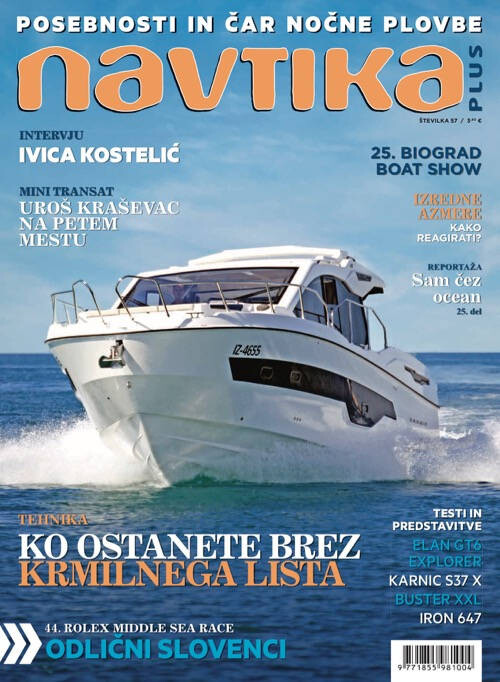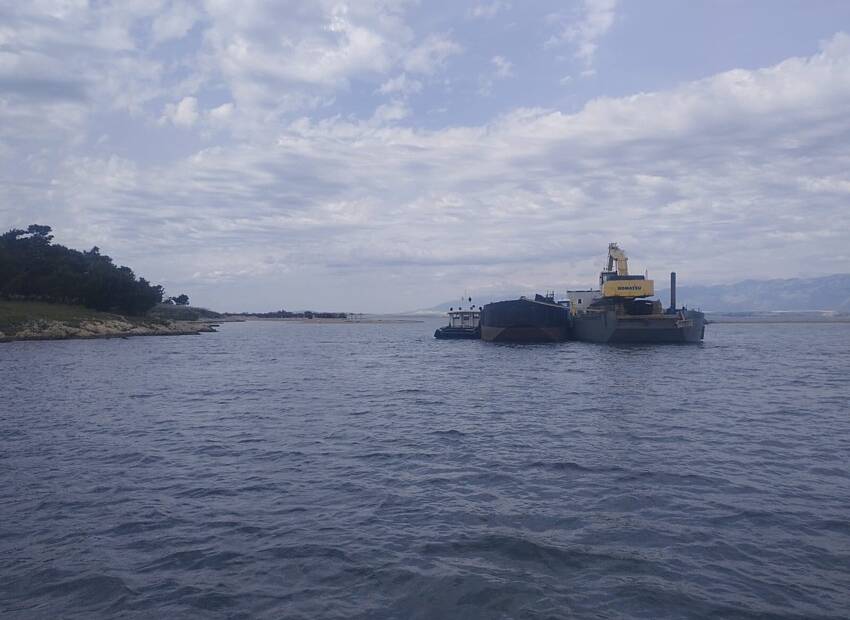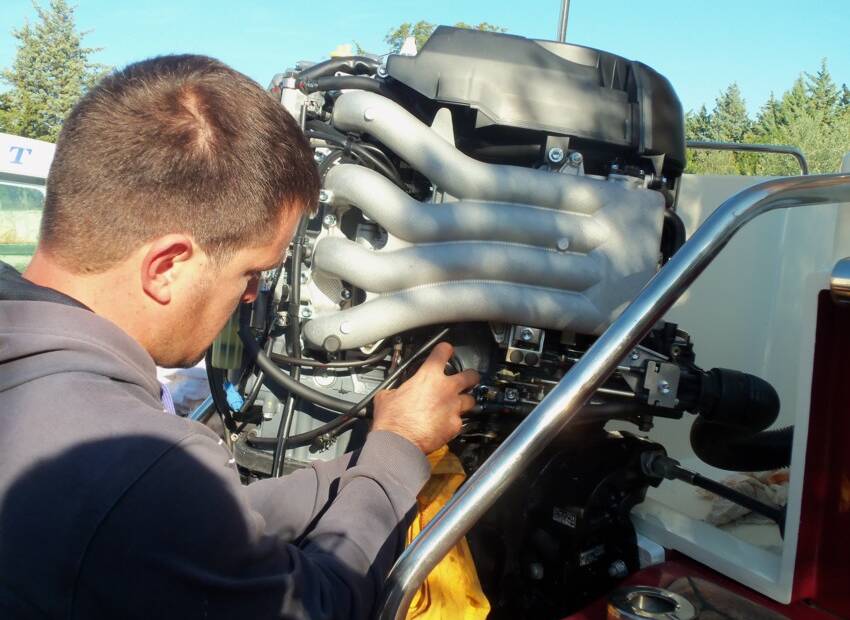During Your Trip...
Crime
Crime presents a risk in any major city or high - traffic tourist location. Your chances of being a victim can be reduced by a few simple measures.
Remain aware of your surroundings and avoid areas where there may be an increased risk. Avoid walking alone in cities you are visiting.
Stay away from barren areas, particularly at night. Use only registered taxi services and approved or recommended public transport.
Avoid obvious displays of wealth. Do not use your mobile phone in public and avoid carrying or wearing expensive clothing, jewelry, etc.
Minimize the time spent carrying valuable equipment, such as laptop computers.
Carry only the amount of cash you will need for one day. If you use credit cards, carry only one and keep the remainder of your cash and cards in a hotel safe.
Carrying credit or bank cards in high risk areas is not recommended.
Transportation Safety
Transportation accidents while traveling pose a potentially significant risk. The following simple precautions can help make you safer in getting from A to B.
Arrange to be met at the airport, especially on your first visit to a city. Contact your hotel if you don´t have pre-arranged transportation.
Upon arrival, immediately switch on your mobile phone.
Ensure you have the contact details of the driver or service meeting you.
If you have arranged to be met at the airport, but your driver is not waiting, remain in the airport terminal while you try to resolve the situation.
When using a car service, ask your driver for some identification before leaving the terminal.
Where possible, avoid traveling in taxis alone. Never hire unregistered taxi services, even if they claim to be cheaper. Do not hail taxis on the street in "high risk" destinations.
If driving or renting a car, make sure you understand all requirements and regulations, particularly in the event of an accident.
Be suspicious of strangers who claim to know you or offer cheap alternative transportation in unregistered vehicles.
"Hassle"
In some countries, you may be exposed to "hassle" from government authorities, including the police or immigration personnel, often looking for a bribe or similar payment. Planning can help avoid difficult situations.
Before you travel, make sure you know what you are required to do in the country you are visiting in terms of registering your passport/visa, etc. If in doubt, ask at check-in to the hotel.
Carry a color photocopy of your passport when outside the hotel, unless local regulations dictate keeping your actual passport with you.
If required to keep your passport with you, make sure you keep a photocopy of the ID page and any relevant visas in a safe location at your hotel.
Carry the numbers of your relevant national embassy and your hotel with you at all times.
Terrorism
The main risk from terrorism comes from being in the "wrong place at the wrong time". A few simple measures can reduce your chances of being involved if traveling to a terrorist "hot spot".
Remain aware of your surroundings. Be prepared to trust your judgment if a situation appears to be "wrong".
Ask for a hotel room located between the 3rd and 6th floor and away from the main entrance to the hotel.
Avoid using public transport.
Minimize the time you spend at "iconic" public buildings, embassies, public areas or locations where targeted groups are known to congregate.
Health Issues
Often the most important factor in experiencing a pleasurable trip is to just keep healthy.
Research any health concerns for the country you are visiting before travel.
Ensure you receive appropriate vaccinations prior to travel. Some countries may not permit you to enter without proof of vaccination.
Maintain awareness of local customs that may impact the health of visitors.
Be aware that your health insurance may not be accepted by medical professionals at your destination.
Contact your health insurance carrier to lear






















